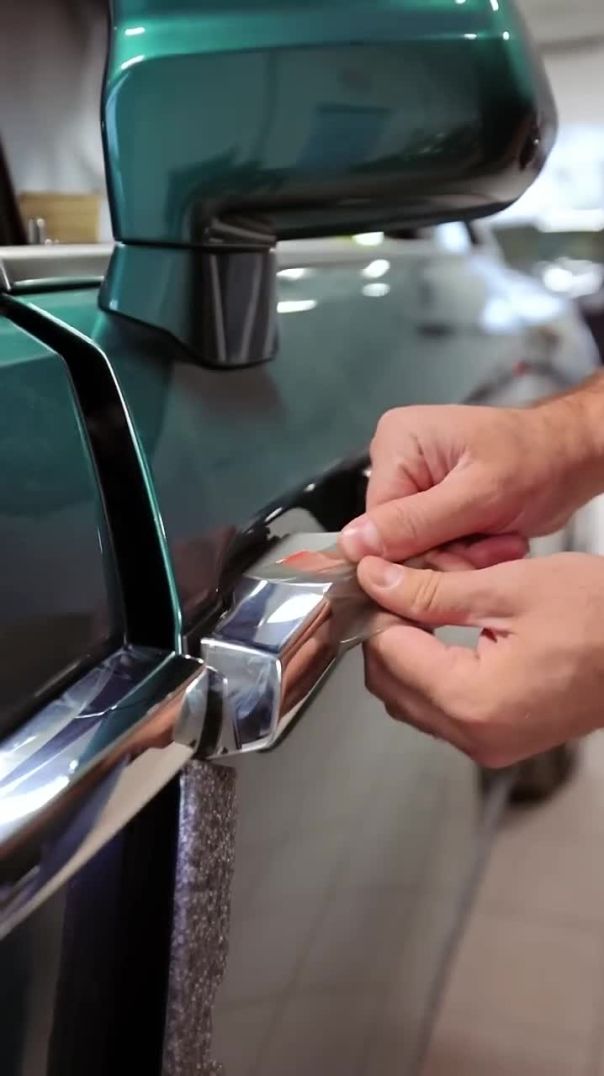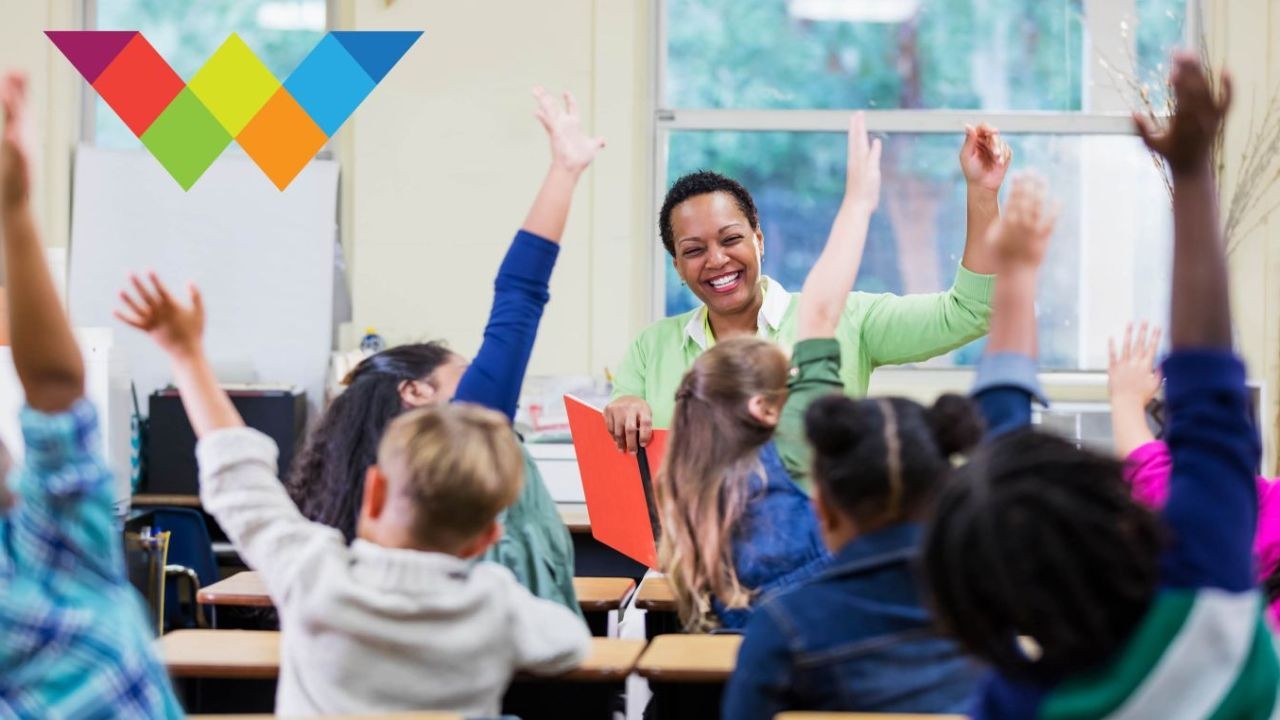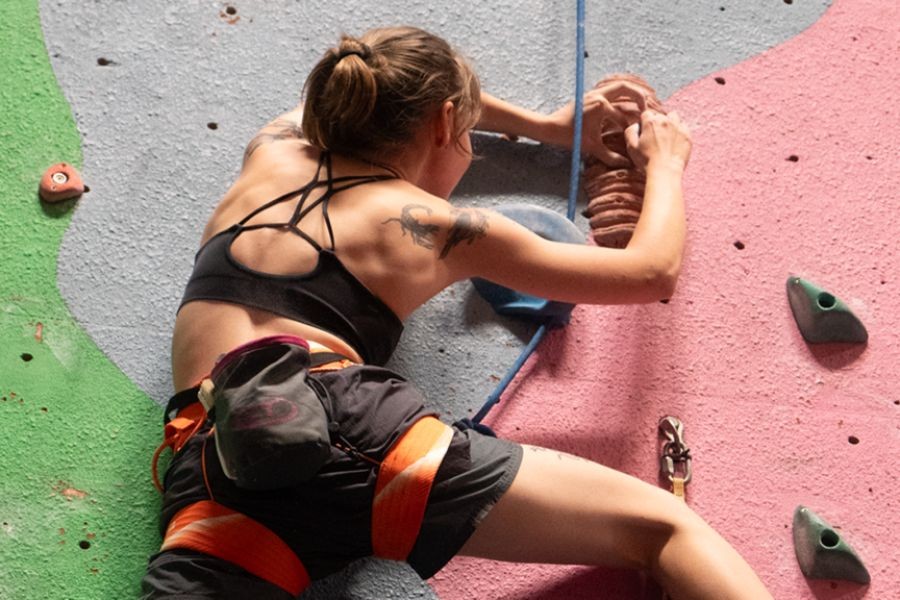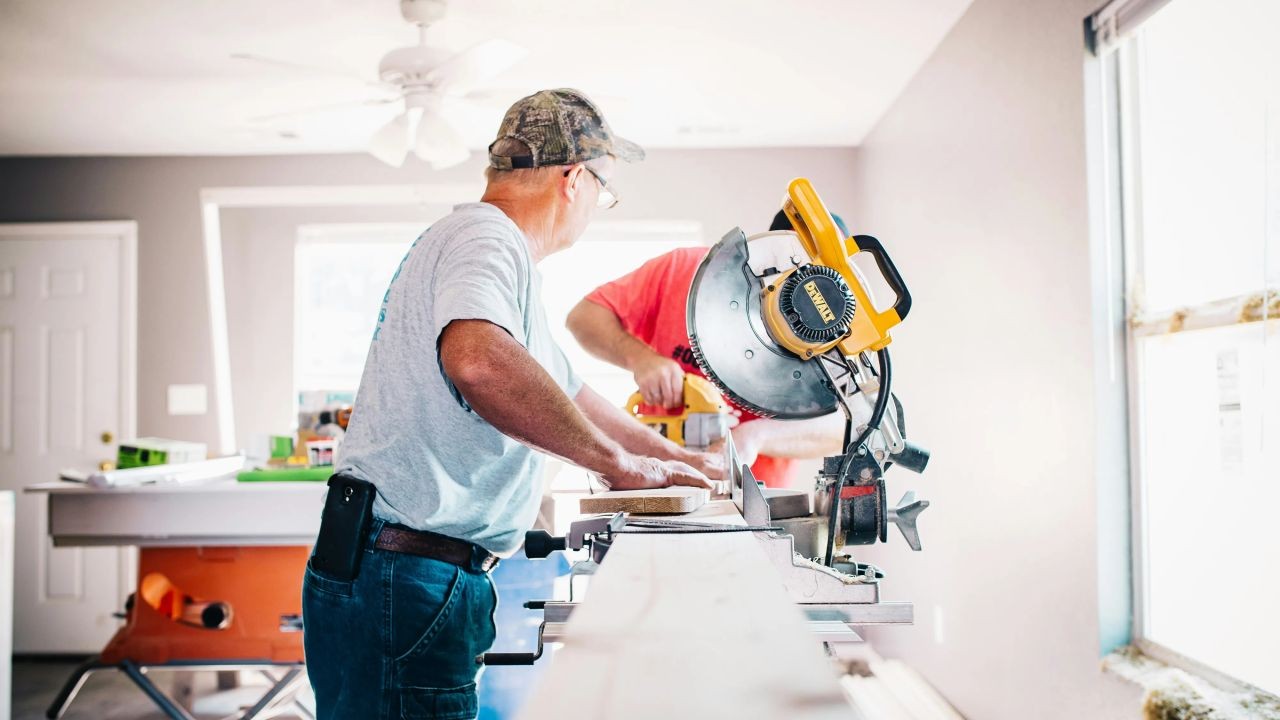In New Zealand, the education of our children is a matter of national importance, significantly impacting the future of our communities and economy. As a property investment specialist, understanding how to stay involved in your child’s education can provide valuable insights into the local community dynamics and the long-term value of property investments. This article explores practical ways to engage with your child’s education in New Zealand’s public schools, providing data-driven insights and real-world examples to help you make informed decisions.
Understanding the New Zealand Education System
The New Zealand education system is globally recognized for its unique approach, balancing academic excellence with a focus on holistic development. According to the Ministry of Education, New Zealand’s public schools are funded by the government, ensuring access to quality education for all children. As a property investor, understanding the local education landscape can give you an edge, as schools often play a crucial role in determining property values and neighborhood desirability.
The Role of Decile Ratings in School Selection
New Zealand schools use a decile rating system to allocate government funding, with decile 1 schools receiving the most funding and decile 10 schools the least. While this system helps address educational disparities, it also influences perceptions of school quality. However, recent studies by Stats NZ suggest that decile ratings do not necessarily correlate with educational outcomes. As an investor, consider the broader community context and school-specific achievements when evaluating potential property investments.
Practical Strategies to Stay Involved
Staying involved in your child’s education requires proactive engagement and collaboration with the school. Here are some effective strategies:
- Attend School Meetings and Events: Regularly participating in parent-teacher meetings, school events, and board meetings allows you to stay informed about school developments and build relationships with educators.
- Volunteer Opportunities: Volunteering at school events or joining the parent-teacher association (PTA) can enhance your understanding of the school environment and contribute positively to your child’s education.
- Utilize Digital Platforms: Many schools in New Zealand use digital platforms like Seesaw and Google Classroom to communicate with parents. Engage with these tools to monitor your child’s progress and communicate with teachers.
Case Study: Engaging with the Local Community
In Wellington, a group of parents successfully collaborated with the local school to introduce a sustainability program. This initiative not only improved the school environment but also increased property values in the area by 15%, as reported by NZ Housing Market Insights. This example highlights the potential community benefits of active parental involvement in education.
Data-Driven Insights on Educational Engagement
Research from the University of Auckland indicates that parental involvement in education is linked to higher student achievement and well-being. Specifically, students whose parents are engaged in their schooling are 30% more likely to excel academically. This data underscores the importance of staying involved in your child’s education, not just for personal benefit but also for enhancing community standards and property values.
Common Myths About Parental Involvement
- Myth: "High decile schools guarantee better education." Reality: Academic success is influenced by various factors, including individual school programs and parental involvement.
- Myth: "Parental involvement is only necessary in primary school." Reality: Ongoing engagement throughout secondary education is crucial for sustained academic and personal development.
Future Trends in Education and Property Investment
Looking ahead, the integration of technology in education is expected to grow, potentially altering traditional classroom settings. The Ministry of Education’s strategic plan for 2025 emphasizes digital literacy and personalized learning, which could influence future property demand in tech-savvy regions. As an investor, staying informed about educational trends can guide strategic property decisions, aligning with future market demands.
Conclusion
Involvement in your child’s education can have far-reaching benefits, from improving academic outcomes to enhancing community value and property investment prospects. By understanding the New Zealand education system, engaging actively with schools, and staying abreast of educational trends, you can make informed decisions that support both your family and investment goals.
What’s your experience with school involvement? Share your thoughts and insights in the comments below!
People Also Ask (FAQ)
- How does parental involvement impact a child’s education in New Zealand?Research suggests that children with involved parents are 30% more likely to achieve academic success, highlighting the importance of engagement in education.
- What are common misconceptions about New Zealand’s decile system?Many believe higher decile schools offer better education, but outcomes depend on individual school programs and parental involvement.
- How can technology influence future education trends in New Zealand?The Ministry of Education’s 2025 strategic plan emphasizes digital literacy, which could drive demand for properties in tech-forward regions.
Related Search Queries
- New Zealand education system overview
- Decile system in NZ schools
- Parental involvement in education
- Technology in New Zealand schools
- Property investment near schools in NZ
































Dhrurjt
8 months ago